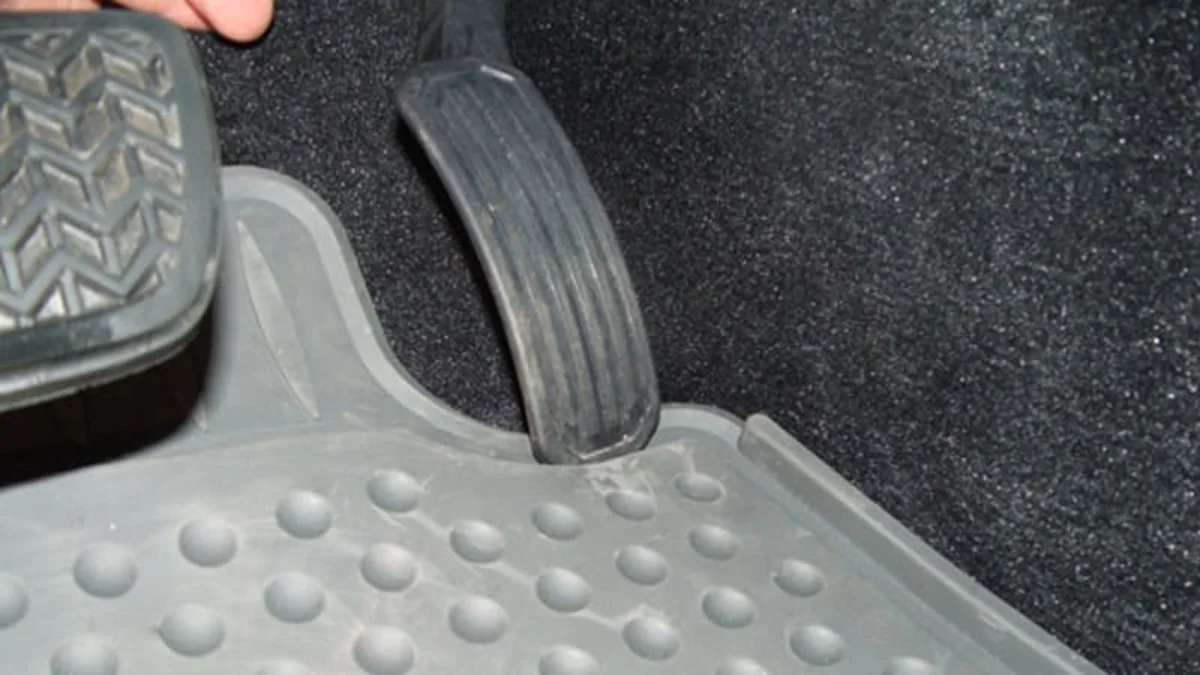The unintended acceleration issue has reached critical mass for Toyota, but is it an isolated incident for an automaker with an otherwise stellar record for being frank with its customers? A recent investigation by the Los Angeles Times shows that Toyota may have concealed safety issues on several occasions in an effort to keep its name clean. The newspaper is reporting that it uncovered several incidents in which Toyota concealed defects or delayed recalls even after several complaints were made.
For instance, there was an issue with a plastic panel that could be dislodged, potentially leading to unintended acceleration issues in some 2003 model Toyota Sienna minivans. Engineers reportedly discovered the problem and fixed the issue after 26,000 units were made. Toyota didn't announce a recall until six years later. Then there was a steering issue with 2004 Toyota 4Runner models. Toyota recalled the vehicles in Japan but insisted that no recall was necessary in the U.S. even after there were dozens of complaints that showed the problem was real. The Japanese automaker finally recalled the SUVs in 2005. More recent was a suit filed by Dimitrios Biller; the ex-Toyota lawyer who alleges that his former employer hid safety data and evidence in rollover cases.
And that's not nearly all. Click past the break to keep reading about more possible safety defects the LA Times suggests may have been concealed by Toyota.
Of all Toyota's recent problems, the unintended acceleration issue looms largest of all. There have been as many as 19 deaths that have been attributed to the issue, more than all other automakers combined. The National Highway Traffic Safety Administration told the Times that there have been eight previous Toyota acceleration-related recalls; more than any other automaker.
The newspaper points out several incidences where owners went to court over unintended acceleration issues only to settle the issue out of court after the plaintiff signs a non-disclosure agreement. Others claim that Toyota sent out a representative to run diagnostics on their vehicle. When the customers asked for a copy of the diagnostic test results Toyota denied the request. In fact, Toyota told the Times that it only has one black box reader in the U.S. and that the device was a prototype. And since the device, which requires two passwords to operate, is a prototype, private citizens and their attorneys have been denied requests to see the data. Dealers have bought back vehicles of customers who complained of unintended acceleration issues and the LA Times says some of those vehicles were then sold to other customers.
The recall of 4.25 million vehicles finally came after a family of four, with an off-duty police officer behind the wheel, was killed in California because the Lexus in question reportedly accelerated on its own. When Toyota announced the recall, it blamed the problem on floor mats and intimated that there was no defect. That led to a rebuke by the NHTSA. The government safety organization called the statements "inaccurate and misleading."
Has Toyota been concealing safety issues? The LA Times makes a pretty compelling argument. Head over to the investigative article by clicking on the read link below and tell us what you think in the comments section after the jump.
[Source: LA Times]


Sign in to post
Please sign in to leave a comment.
Continue